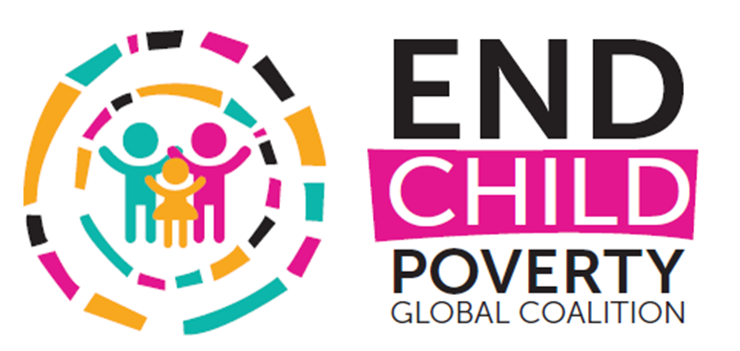Global Partnership for Universal Social Protection 2030
Evidence shows that universal social protection prevents and reduces poverty, contributes to economic growth, promotes human development, protects against shocks, builds stability and social peace, and is a human right that everyone should enjoy, including children.
Universal social protection refers to an integrated set of polices to ensure income security and support to all people across the life cycle, and includes adequate cash transfer for all who need them, especially children. Since the 2000's, universality has re-entered the development agenda, first in education, then health, and now comes the push for social protection.
The Global Partnership for Universal Social Protection brings together the World Bank and the ILO with the African Union, FAO, the European Commission, Helpage, IADB, OECD, Save the Children, UNICEF and others. The partnership aims to expand social protection measures worldwide as part of efforts to combat poverty and rising income inequality, and meet SDG goal 1.3; calling for nationally appropriate social protection systems for all by 2030.
Data realised by the partnership shows that more than 23 low and middle income countries have achieved universal or near universal social protection schemes. These country case studies have been complied and are now available in one publication.


